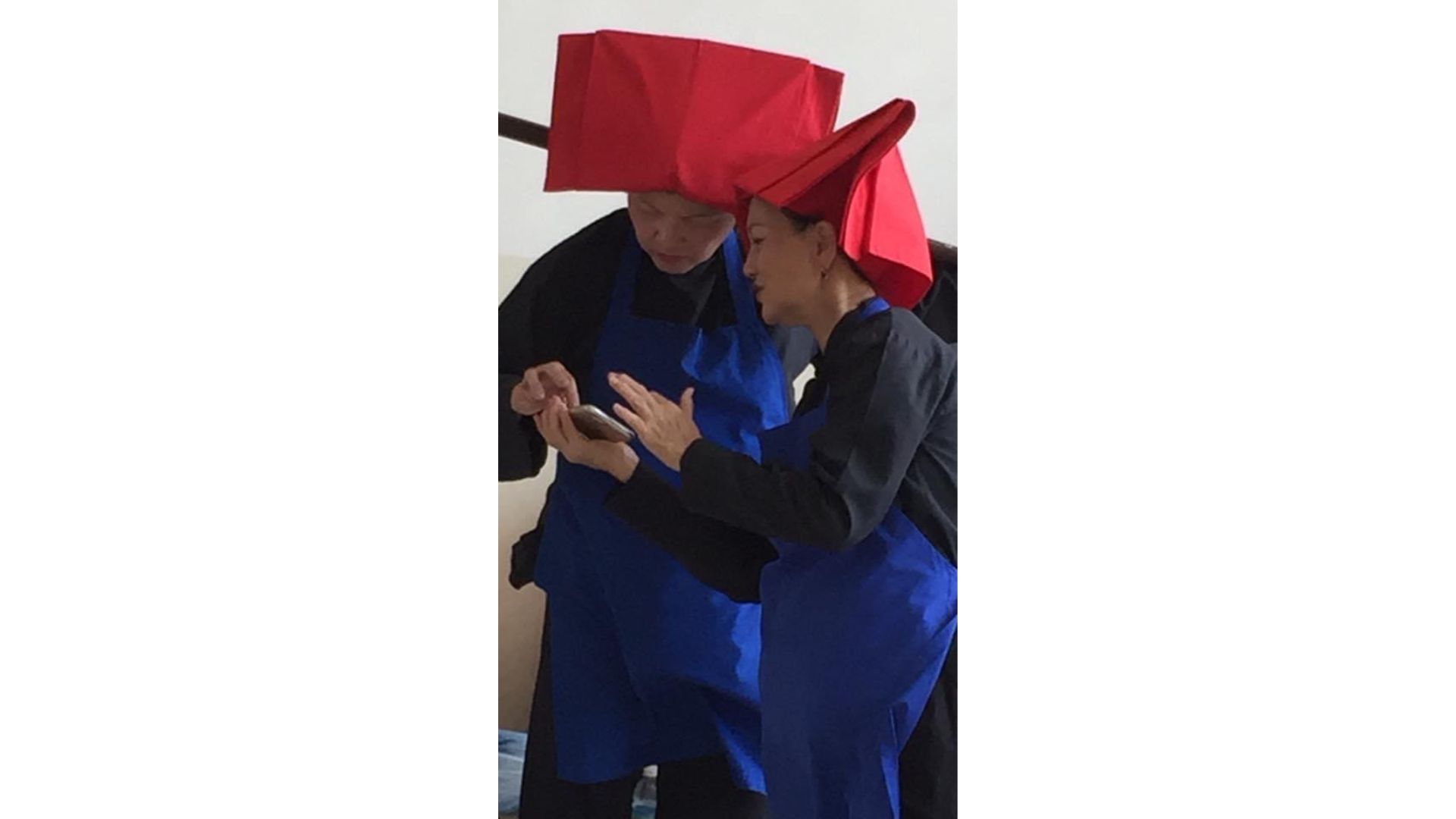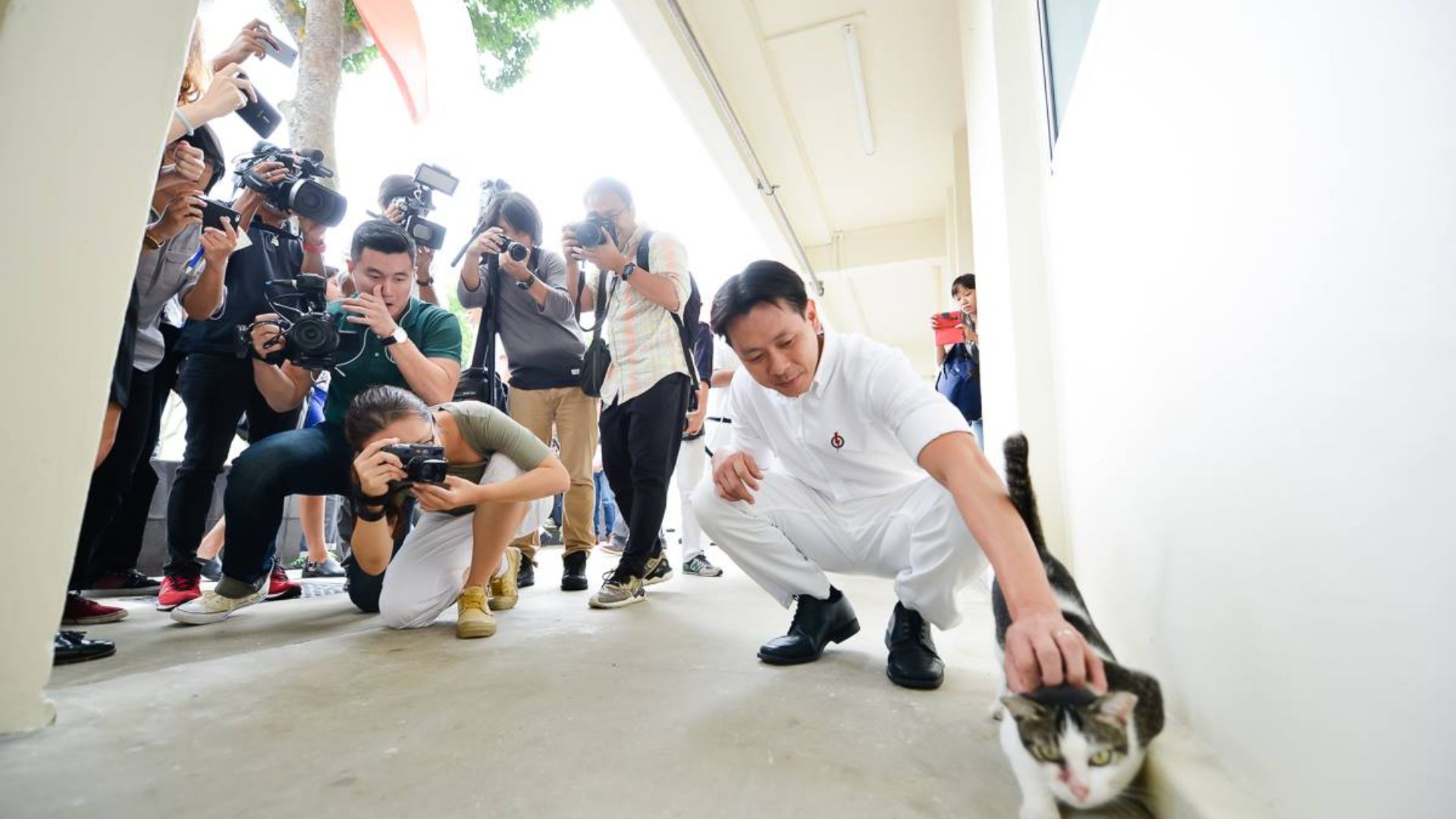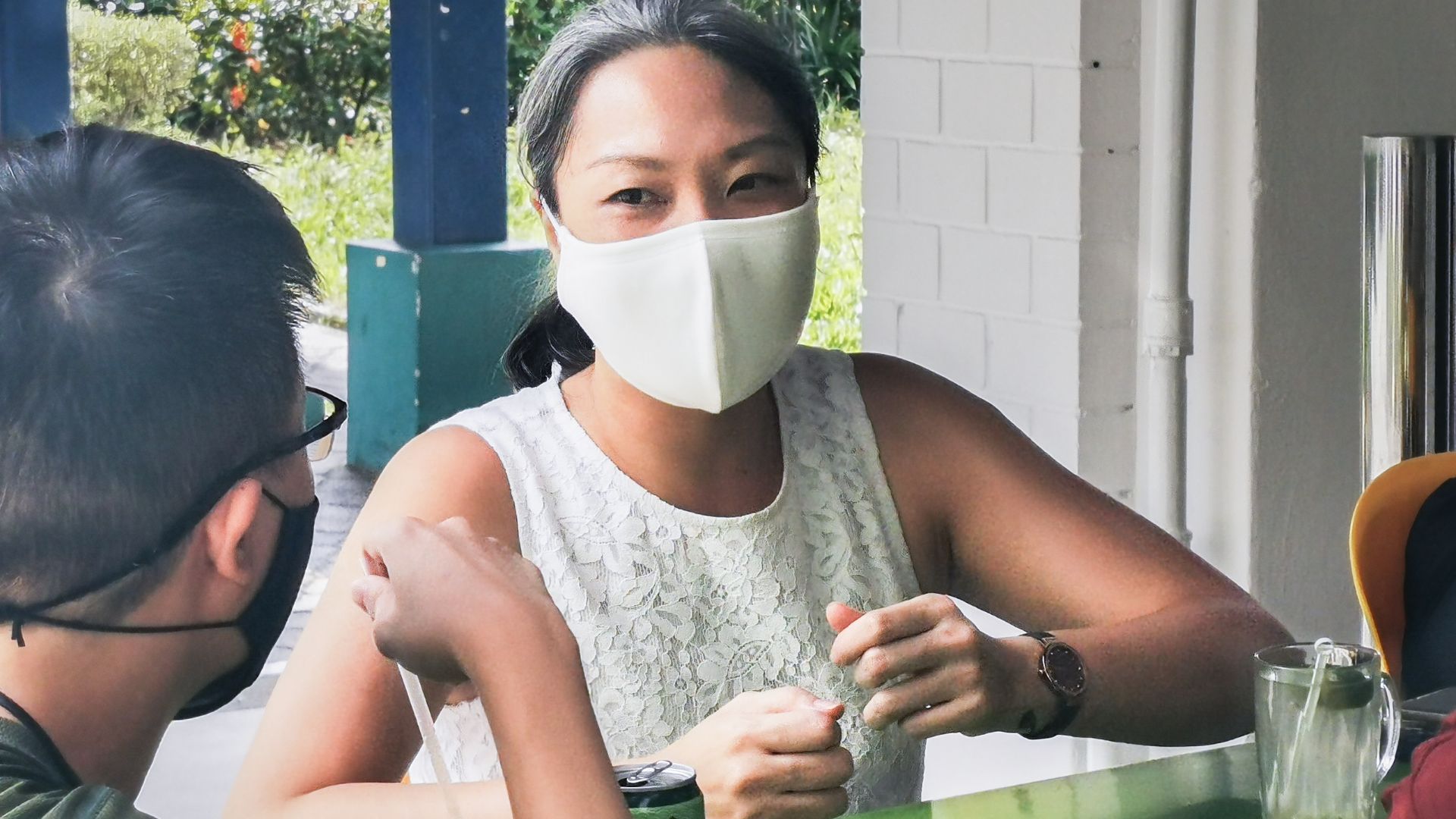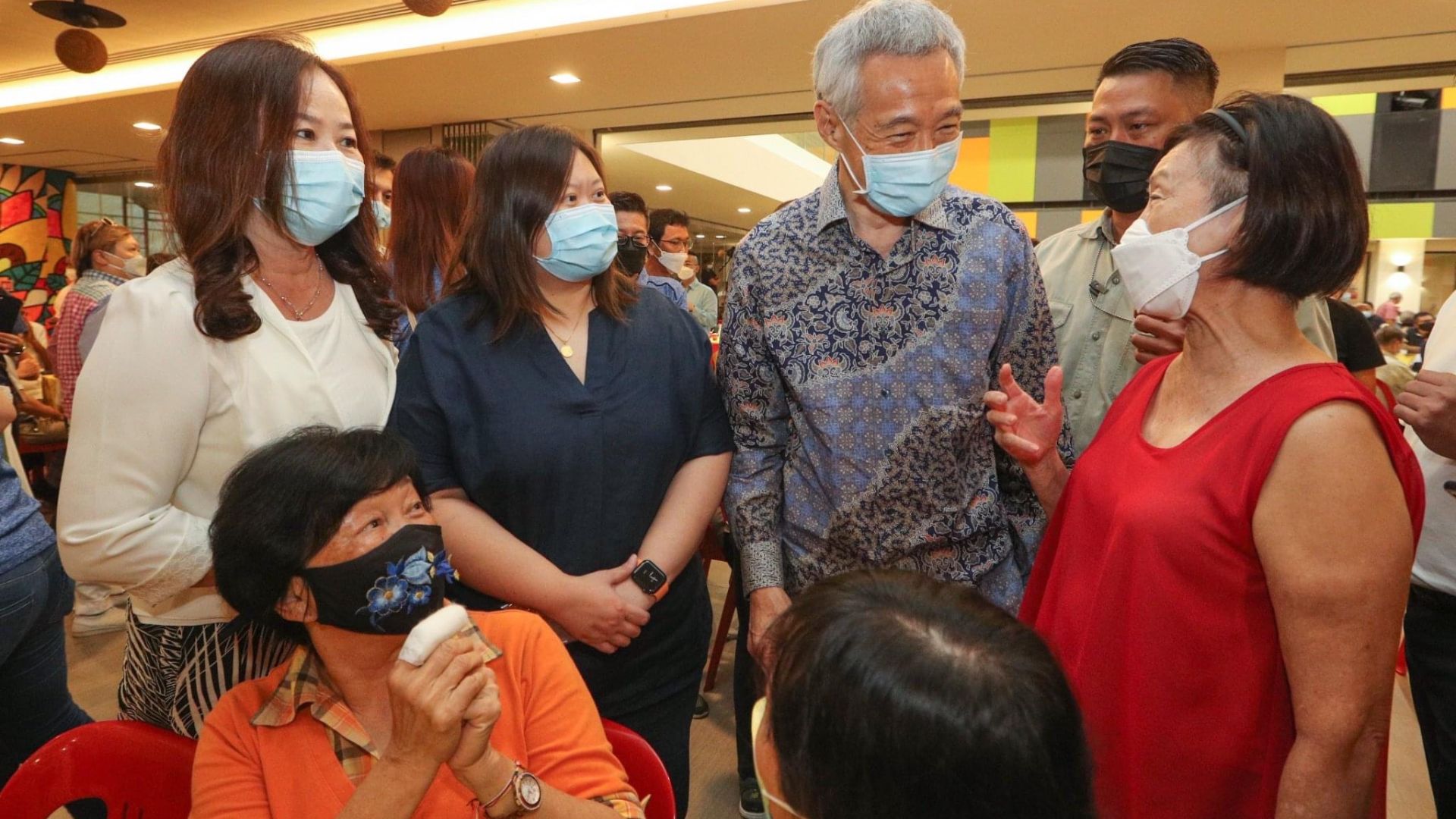Grassroots organisations (GROs) usually use collective action to drive change at a local, regional or even national level and in Singapore they are made up of the ordinary people rather than the leaders.
In Singapore, GROs are relied on for mass mobilisation and surveillance. They include the Citizens’ Consultative Committees (CCCs), Community Club Management Committees (CCMCs), Residents’ Committees (RCs) in public housing estates and Neighbourhood Committees (NCs) in private housing estates.
They make up more than 1,800 grassroots organisations (GROs) under the charge of the People’s Association (PA). These GROs are managed by volunteers or the over 38,000 grassroots leaders (GRLs) as of July 2016.
Political risk management even for grassroots organisations
Since the mid-1980s, the increasingly complex demands of the new economy and rising pressures for state welfare have been compelling reasons to evolve to become an open, consultative and participative culture and in late 1990s under the People’s Association Act, the Community Development Councils (CDCs) were established.
The CDCs bring together government agencies, grassroots organisations (GROs), social service agencies (SSAs) and the private sector “to strengthen the social fabric of Singapore” by “promoting social cohesion and encouraging community ownership among residents, community and corporate partners”.
But Democracy and the Grassroots Sector in Singapore, a 2003 article by Kenneth Paul Tan and Andrew Paul Tan of NUS and published in Space and Polity, said the CDCs may be a means of reducing the political risks of growing an increasingly necessary “people sector” that has helped the PAP maintain its political dominance, contributing to and extending the party’s ideological hegemony.
It said the move to set up CDCs was seen to simultaneously secure a national will to succeed, a lasting mandate to rule and, where necessary, an extensive set of instruments for surveillance and control.
Change from the top
When Mr Goh Chok Tong took over from Mr Lee Kuan Yew as prime minister of Singapore in 1990, he began pushing for inclusivity and collaboration and brought in his style of a consultative government.
In a Centre for Public Impact report, Mr Goh said, ‘’When I took over in 1990, I thought we were seeing some negative results of competition. It meant that those who can do well can do much better, but those who are less able to compete will be left far behind — and the gap was widening. So, I emphasised consultative government and compassionate government. Mr Lee’s government was very much top-down, and so I sought to reach out to the people and develop policies that aimed to support a compassionate society.”

“We transformed ourselves from being a low-income country into a developed economy with a high income, but the ties between the elected leaders and the people must be constantly nurtured. Thanks to continual discussion, feedback and explanation we will shape our country’s future — together,” said PM Goh, who saw the country through the Asian financial crisis in 1997 and the economic downturn caused by the severe acute respiratory syndrome (Sars) outbreak in 2003.
Mr Peh Shing Huei, author of a two-volume biography on Mr Goh Chok Tong — Tall Order and Standing Tall — says, “Goh Chok Tong’s consultative style of leadership was a major break from his predecessor’s and in sync with a society which was better educated and better connected to the world. Singapore under Goh became a truly global city, and it was a one-way route of opening up. Not surprisingly, the leadership style also remained on this trajectory with his successor and will continue to be so with the 4G leaders.”
He echoes what experts told TODAY in 2020, when the former Emeritus Senior Minister announced his retirement through a letter to Prime Minister Lee Hsien Loong.
Speaking on Mr Goh’s definitive contribution to Singapore and the hallmark of his leadership, an associate lecturer in international relations at SIM Global Education Felix Tan said that Mr Goh transformed the political landscape “by changing it from an authoritarian environment to a more engaging one that Singapore sees till this day, giving the PAP a more human touch”.
Political scientist with the National University of Singapore Chong Ja Ian said that while Mr Goh took Singapore’s economy in a more “neo-liberal” direction, which allowed for significant growth of wealth, it also created conditions that allowed for greater inequality.
But Law Associate Professor at the Singapore Management University (SMU) Eugene Tan says ground-up activism has been a present part of Singapore since its independence. The later Government became more receptive to such activism and civil society, being keener to participate and better organised as well.
He adds, “Singapore political leaders and MPs have become more receptive towards ground-up activism and consciously seek to engage them. In return, civil society is also keen to engage with the powers that be and have also become more assertive by reaching out to Singaporeans through their advocacy and activism.”
Dr Tan also maintains that since 1990 when Mr Goh became PM, the dominant governmental style in Singapore has been consultative but that does not mean that other styles are completely excluded from the government’s leadership playbook, especially in the areas of social cohesion, and law and order.
“There is no alternative to the government adopting a consultative style of leadership. Society has evolved. People’s concerns have shifted from material to post-material ones even though the former remains important,” he says.
“For example, should the government consult before it makes its mind up? How it consults has also evolved. Social media is widely used today and focus group discussions are also common. In my view, consultative governance must be consultative in both form and substance,’’ he adds.
Collaboration instead of competition
Dr Tan says the success of ground-up activism efforts is shown by the fact that the Government seems to be more receptive to engaging and working with civil society to study appropriate policy changes, if the policy changes do not affect the core of government policy or upset any fundamental tenets of society.
“Over the years, we can see this in the private-member legislations that Parliament has passed such as the Prevention of Human Trafficking Act, amendments to the Maintenance of Parents Act, as well as amendments to the Wild Animals and Birds Act. While still largely peripheral in overall law-making policy, there is the recognition that citizen involvement can be enlarged, including in effecting changes to existing legislations,” he says.
“We might see this taken to new levels in the near future such as the government openly declaring that it is studying 377A of the Penal Code which will entail consulting and engaging stakeholder groups who may have competing or even conflicting concerns on this sensitive issue. The government recognises the grassroots activism and seeks to engage it as a key prong in its intent to break new ground on this matter,’’ he adds.
Small wins, big successes
In September 2017, PAP MP and former CEO of ACRES Louis Ng called for a reform of the public housing policy for single parents. Unfortunately, the petition was turned down in November that same year.

In his petition to Parliament, Mr Ng wanted the authorities to recognise unmarried parents and their children as a family nucleus so they could be eligible for public housing schemes. Signed by seven single parents, it also called for the removal of debarment periods, which prevent divorced parents from renting from the HDB or owning subsidised flats.
Gender equality advocacy group Aware, which had submitted a statement supporting the petition, also made several suggestions. The petition was referred to the Public Petitions Committee, which asked the Ministry of National Development (MND) for a response. MND, which made public its responses, said it had no intention to amend the law and introduce exemptions for unmarried and divorced parents.
Although the petition was rejected, Mr Ng “didn’t see it as the doors were closed”. He pointed to MND’s replies that said they would make sure that every child would be provided with adequate housing, and he felt that was a strong statement from the Government compared to the “usual statement on how single unwed parents are not eligible for public housing”.
He continued to push for change in other sessions of Parliament, filing a question for the sitting on January 8 2018, and in his cut during the MND’s Committee of Supply Debate.
Mr Ng stressed that he was not alone in his campaign. He said, “There is also Aware, (women’s group) Daughters of Tomorrow. Collectively through the raising of such issues I think the Ministry responded positively.”
Over the last two years, Aware has been persistently advocating for fairer housing rules for single-parent families, including calling for the removal of the debarment policy.
When speaking at New Forms and Movements, a panel session during the Institute of Policy Studies’ (IPS) annual Singapore Perspectives 2020 conference, an MP for the Nee Soon GRC and Executive Director of Daughters of Tomorrow Carrie Tan shared how she and her peers worked to help women in the bottom 10 per cent of the socio-economic class in Singapore.

She said, “Since 2015 we have rendered support to more than 1,000 women from the low-income community and since 2018, we’ve managed to put 140 of them back into the workforce each year. We’re also very proud to share that we have in some ways contributed to key advocacy wins, such as the one on the debarment rule for housing for single parents.”
Besides offering job-skills training, child-minding and emotional support, DOT has also encouraged more than 95 companies to adopt Core & Stable Scheduling, where the women would be able to work “office hours for non-office jobs” so they can sustain employment while still taking care of their families.
And to address issues and for the betterment of society, perhaps community volunteers and grassroots leaders should continue to work alongside social partners to run programs and create awareness.
RELATED: Are we still living under a patriarchal government in Singapore?
Join the conversations on TheHomeGround Asia’s Facebook and Instagram, and get the latest updates via Telegram.




























